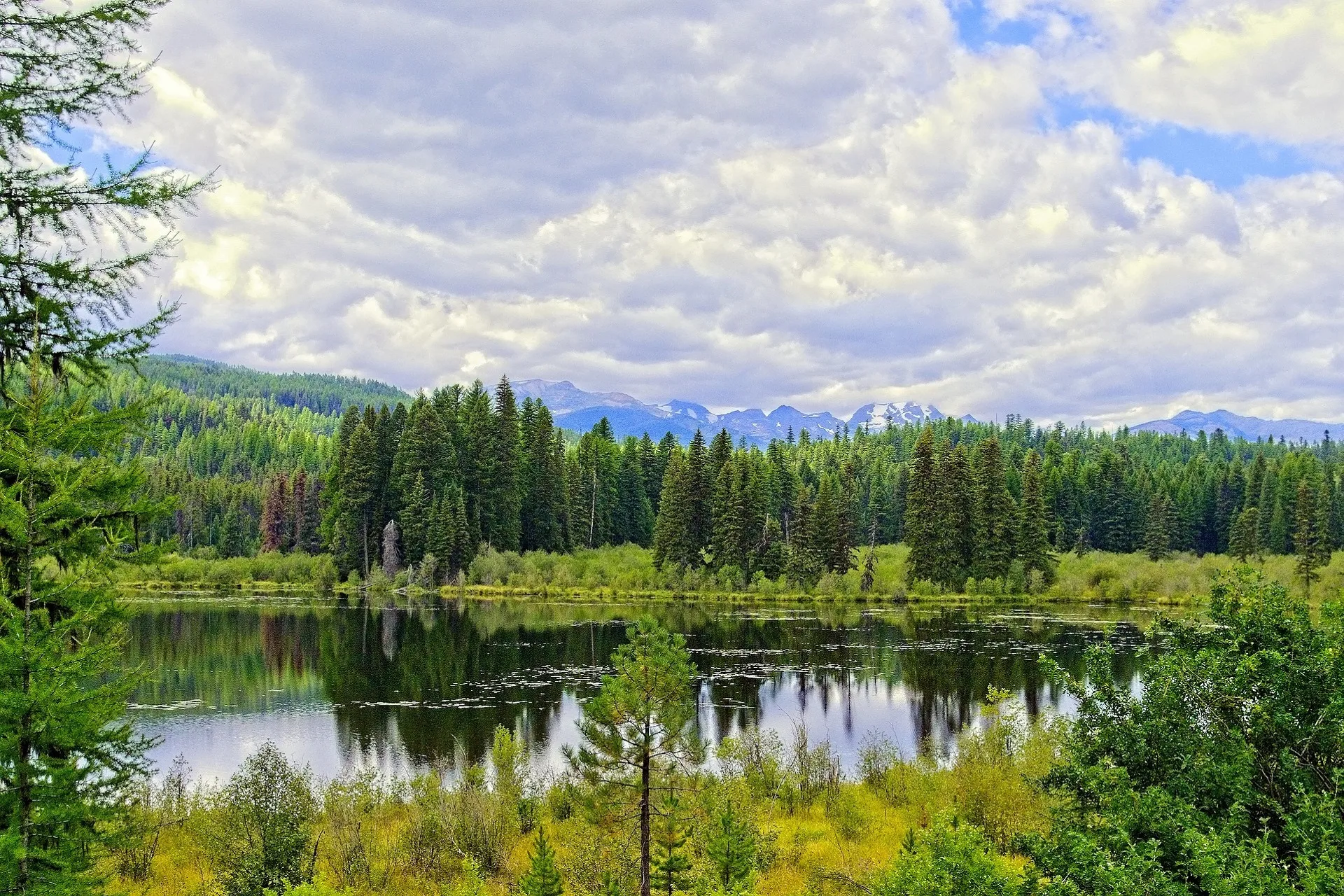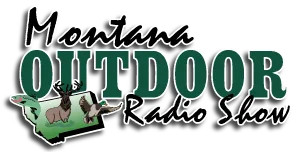From the Montana Wildlife Federation
HELENA, MT — A resolution that could put millions of acres of Montana’s public lands on the chopping block is headed to the House floor for a full vote as early as today.
Late Friday afternoon, the House Committee on Energy, Technology, and Federal Relations advanced House Joint Resolution 24 (HJ 24) through “Executive Action” on a party-line vote, despite overwhelming public opposition—including testimony from 90 Montanans against the bill and none in support last week.
The Montana House of Representatives is now considering HJ 24, sponsored by Rep. Tom Millett (R–Marion). The proposal supports Utah’s ongoing legal battle to force the federal government to transfer public lands to the states—a move that could lead to land sell-offs and permanent loss of public access in Montana.
HJ 24 aligns Montana with the State of Utah’s lawsuit seeking the transfer of American public lands from federal ownership to state ownership. The U.S. Supreme Court recently declined to hear the lawsuit, but Utah has refiled it in lower courts. Backed by 14 other states and a multi-million dollar campaign from special interests, the effort aims to open public lands to privatization and sell-offs.
The Montana Wildlife Federation appreciates that Montana is not one of them—yet.
The action Friday moved HJ 24 forward to a full vote of the Montana House of Representatives (third reading) as early as Monday, March 31.
“This action jeopardizes the existence of 640 million acres of American public land, 27 million acres of which are in Montana,” said Frank Szollosi, Executive Director of the Montana Wildlife Federation. “It risks public access, wildlife habitat security, the grazing rights of our state’s $2.2 billion ranching sector, and Montana’s $2.9 billion outdoor recreation economy.”
Utah’s lawsuit argues that the federal government can only own land for military bases or the national capital—a claim that, if upheld, could unravel federal ownership of national parks, forests, and wildlife refuges nationwide.
Though some lawmakers claim this is about local land management, history shows otherwise.
- Utah has sold more than 4 million acres
- Idaho has sold more than 1.7 million acres
- New Mexico has sold more than 4 million acres
If this effort is successful, those lands could be auctioned to the highest bidder, forever diminishing public access to wild spaces in Montana.
“American public lands support ranchers, hunters, anglers, and communities across our state,” Szollosi said. “This would be a disaster for wildlife, ranchers, hunters, anglers, guides, rural economies, the State of Montana’s budget, and the millions of people who depend on public lands for their livelihoods or recreation.”
The push for land transfer is also deeply unpopular. The Conservation in the West poll has consistently found that over 80% of Western voters believe public lands are essential to their state’s economy.
“It’s time to end the special interest agenda that seeks to offer our cherished lands to the highest bidder,” said Szollosi. “Montanans have spoken loud and clear: we want these lands protected.”




